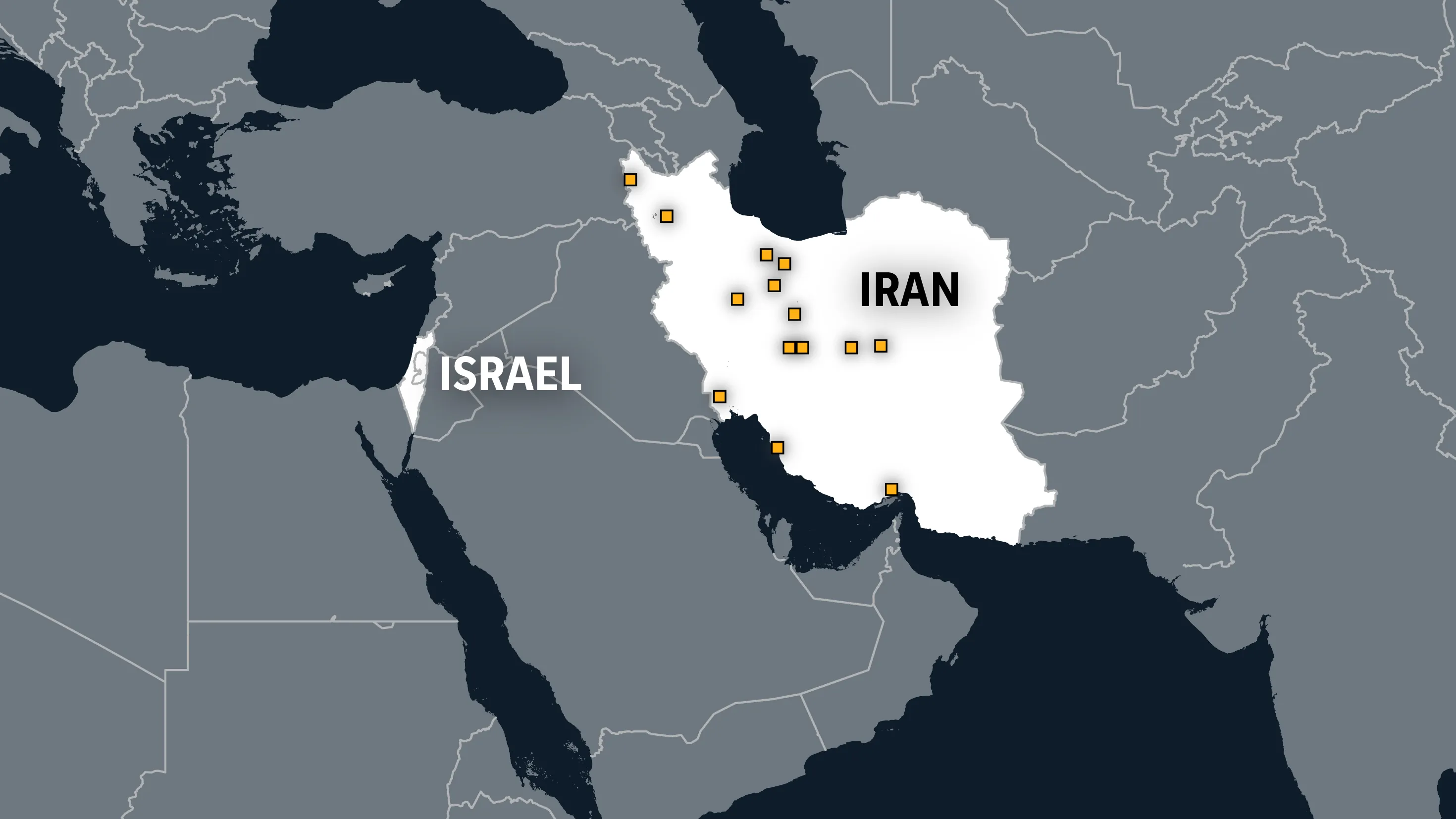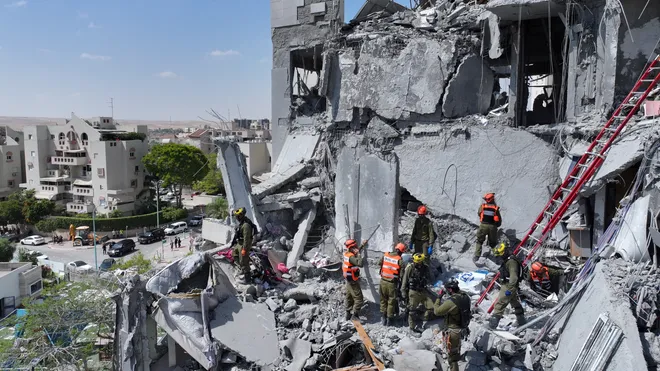Iran"s Nuclear Ambitions Surge
The International Atomic Energy Agency"s director general Rafael Grossi has sounded the alarm, revealing that Iran is poised to produce enriched uranium in mere months. This stark warning comes in the wake of destructive airstrikes by the United States and Israel aimed at crippling Iran"s nuclear program. Yet, Grossi"s assessment indicates that despite the damage inflicted, Iran"s capabilities remain intact, raising serious concerns for global stability.
US and Israeli Bombing Campaigns
On June 13, Israel launched a comprehensive bombing campaign targeting Iranian nuclear and military sites, claiming the strikes were necessary to prevent Tehran from developing a nuclear weapon—a charge Iran has vehemently denied. The US followed suit, launching its own airstrikes on three key facilities associated with Iran"s atomic program. Despite these aggressive actions, Grossi"s analysis suggests that instead of a significant setback, the program may only be delayed by a matter of months, a troubling reality for international security.

Will Israel strike Iran"s nuclear sites? Map shows where they are.
Stockpile Uncertainty and Risks
According to Grossi, Iran possesses an estimated 408.6 kg of highly enriched uranium, enriched to 60%—just shy of weapons-grade levels. This stockpile, if further refined, could yield enough material for over nine nuclear bombs. The uncertainty surrounding the fate of this uranium stockpile is alarming. Grossi admitted that while some of it may have been destroyed in the attacks, it is plausible that a portion was relocated beforehand. This ambiguity raises urgent questions about the potential for Iran to advance its nuclear capabilities undetected.
Iran"s Response and International Implications
In response to the escalating tensions, Iranian lawmakers have voted to suspend cooperation with the IAEA, dismissing Grossi"s requests for access to the damaged facilities, particularly the Fordow enrichment site. This lack of transparency not only undermines diplomatic efforts but also heightens the risk of miscalculations leading to military conflict. The suspension of dialogue and oversight opens a dangerous path, potentially leading to a nuclear arms race in the Middle East.

Israel-Iran war and US involement: USA TODAY answers your ...
Political Reactions in the US
The political response in the US has been one of support for the IAEA’s verification efforts. Secretary of State Marco Rubio has commended Grossi for his professionalism amid such a precarious situation. However, the rhetoric from former President Donald Trump, who maintains that Iran did not successfully relocate its stockpile, reflects a troubling dismissal of the complexities involved in nuclear diplomacy. Such statements not only diminish the severity of the situation but also contribute to a dangerous narrative that could escalate tensions further.
As diplomatic channels remain strained, the world watches closely as Iran inches closer to potentially crossing a nuclear threshold. The implications of such developments extend far beyond the region, threatening to destabilize global security and redefine international relations for years to come.


![[Video] Heavy clashes and gunfire reported in Baghdad, Iraq](/_next/image?url=%2Fapi%2Fimage%2Fthumbnails%2Fthumbnail-1768342239932-848qsh-thumbnail.jpg&w=3840&q=75)




![[Video] Gunfire between Iraqi security forces and Sadr militias in Baghdad](/_next/image?url=%2Fapi%2Fimage%2Fthumbnails%2Fthumbnail-1768343508874-4redb-thumbnail.jpg&w=3840&q=75)
